Gross Inequality and Social Contract
Why is economic inequality such a significant problem?
Because it is half of the social contract. When opportunity is denied, don’t be surprised when law and order is broken.
Social Contract
The social contract has a history back to Plato, but its modern form arose in Jean-Jacques Rousseau’s book published in 1762.
- Follow the laws of the land
- Work hard and you can get a decent job.
Part 1 is a responsibility on the population. People who have things want the law to protect their property and life. Those who don’t have things are expected to ignore the rule of Might Makes Right. They are not to hit an old person on the head and take their wallet just because they are young and can do that.
Considering the opportunities available to them, the rule of law usually prevails. But following the rule of law is only half of the social contract, the impetus to follow it flows from the rewards that a decent job provides—income, lifestyle, and respect.
Part 2 is the responsibility of society. If some of the have-nots come to believe that they are being denied the chance of a decent job, then their motivation to honor their responsibilities under the first half of the social contract is severely undercut.
The social contract is not an enacted law, but a psychological reality needed for societies to be successful, to not be overturned by riots and revolution.
Increasing Income Inequality
I won’t gild the lily. According to Fortune Magazine in 2015, Top CEOs make more than 300 times the average worker. That is an extreme disparity. As recently as 1965, CEO pay was twenty-one times the average worker.
A huge proportion of profits in the past fifty years have been taken by the CEOs. They have not been shared with the average worker.
Broken Social Contract
CEO pay is one indication that hard work is not being properly rewarded. If we consider minimum wage workers—those working hard trying to move up the ladder, not the teenage odd-jobber—their decline in income is noticeable to anyone knowing the history of the federal minimum wage .
From a purely selfish perspective, the haves should be concerned. If society breaks the promise of a prosperous future for hard workers, why should we expect that those left behind would follow the law?
Read Flash Mob and the Social Contract for two recent incidents testing the social contract. One where it held, the other where it broke.
Education
Every child should be taught the social contract—the relationship between opportunity and respect for law. They will be the leaders tomorrow and must understand that opportunity denied returns as less respect for the rule of law.
Honoring the responsibilities and the rights of the social contract is essential to a fair and stable society.
Related Posts
Education changes
Flash Mob and the Social Contract
Image Citation
Cover for Principles of Politics in the public domain via WikiCommons

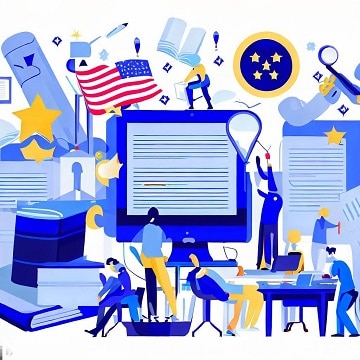
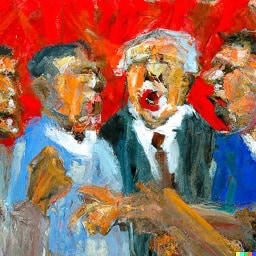
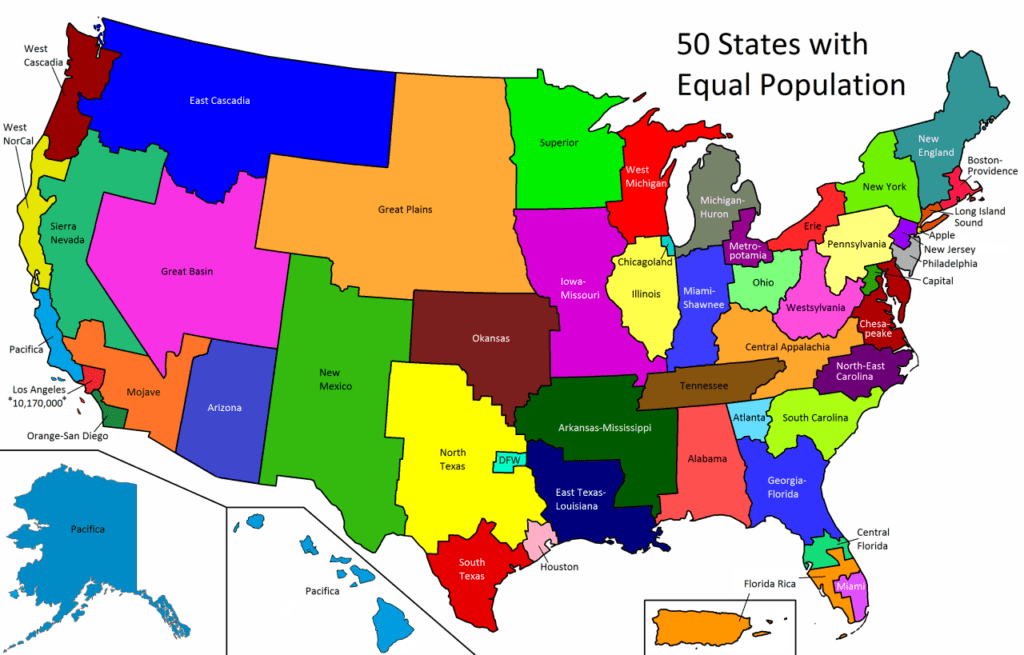

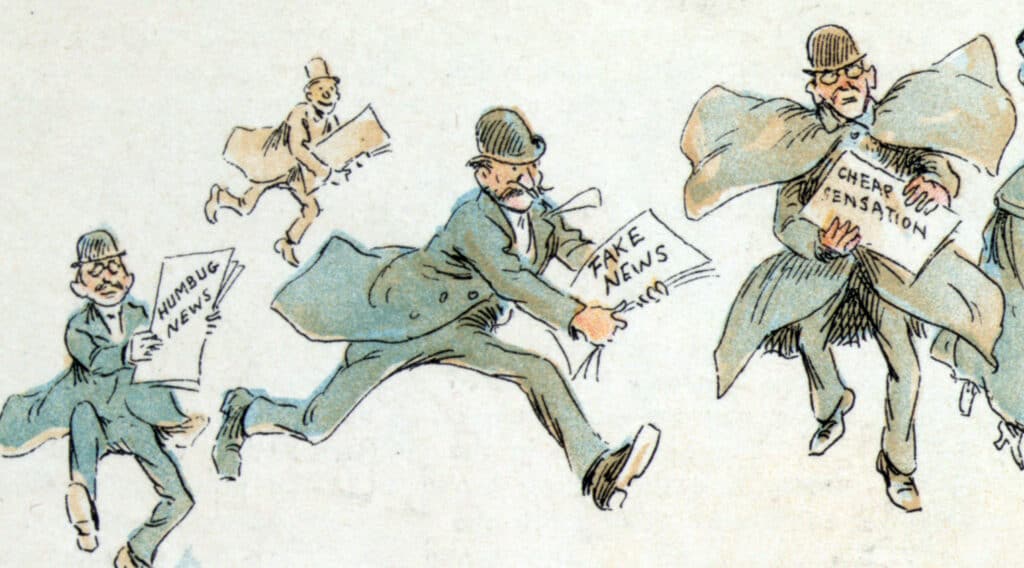
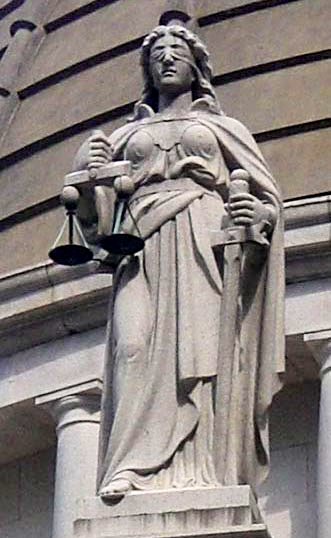
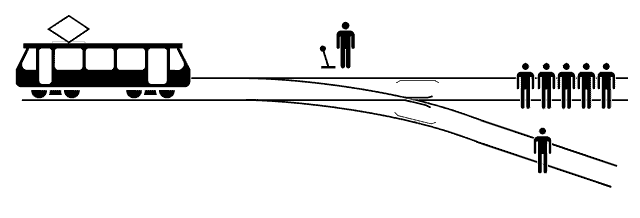
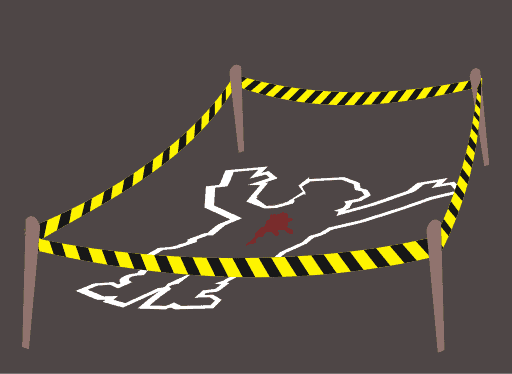
1 thought on “Gross Inequality and Social Contract”